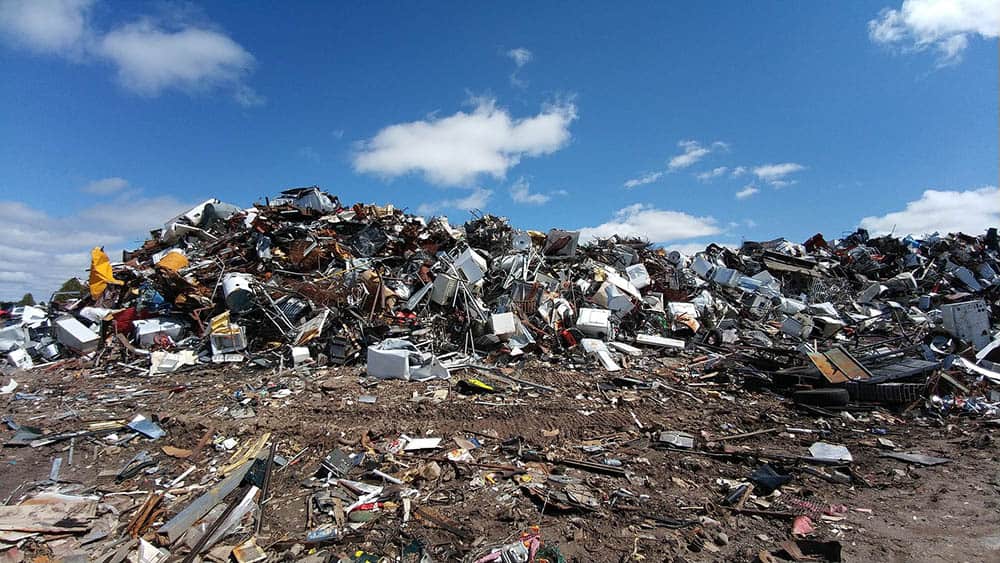BBC investigation reveals over £200mil is spent each year on mobility aids and highlights importance of recycling

Nikki Fox, the BBC’s disability correspondent, has discovered how much money could be saved by recycling mobility aids, such as crutches, rollators and Zimmer frames.
According to BBC Inside Out West, millions of pounds is wasted on mobility equipment each year unnecessarily which could be recycled and reused by patients in need.
One interviewee remarked how he had tried to return his mobility equipment to his local authority, but they said they couldn’t take it and told him to “take it to the tip.”
Similarly, another interviewee said that when he had tried to return a pair of crutches to his local hospital, that they refused to take them and instead spoke about having to clean the equipment to a certain extent to avoid cross-contamination before being re-issued to another patient. However, he argued that the crutches had no “wear and tear” and could easily be cleaned and put back into use.
The investigation showed that across England, health authorities and councils spend £207 million each year on mobility aids.
According to information obtained from a Freedom of Information Request, from April 2017-2018 in West England, around £17.5 million was spent on mobility equipment, more than 430,000 of mobility products were loaned out and 270,000 items were returned.
This is amidst a nationwide initiative from the Department of Health and Social Care (DHSC) which is urging the NHS to recycle unwanted mobility aids to save thousands of pounds. Yet, it is down to individual owners to set up their own recycling scheme.
Barnsley NHS has set up its own successful mobility equipment recycling initiative. According to NHS Barnsley’s Mark Foster, over the last financial year, this scheme has allowed them to collect around 14,000 mobility items and around 94 percent of these were able to be recycled. This has led to an impressive saving of around £300,000, Mark said.
However, the BBC investigation showed that councils throughout England spent £187 million on mobility aids last year, handed out around 3.5 million items and around 2 million items were returned.
But councils have said that recycling mobility aids could actually be costlier than buying new equipment.
A spokesperson from the Local Government Association said: “Each council has to balance the costs of collection, cleaning and reissuing devices against the costs of providing new equipment.
“It is not always financially viable… especially given the difficult financial pressures currently facing councils.”

